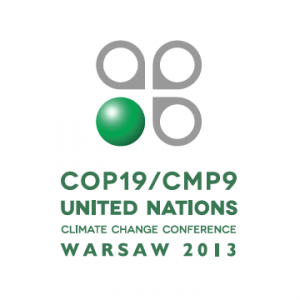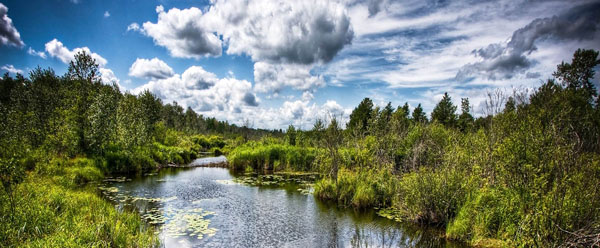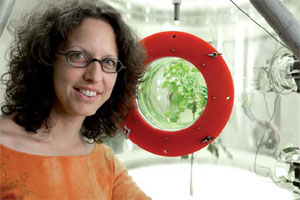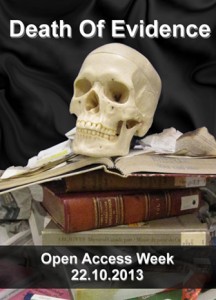Idil Boran, Associate Professor in the Department of Philosophy, will be heading to Warsaw, Poland to attend the 19th session of the Conference of the Parties (COP 19) at the United Nations Framework Convention on Climate Change (UNFCCC) as an observer delegate from York University.
The York University delegation for the UNFCCC has been coordinated by IRIS since 2009.
 Professor Boran is attending the UNFCCC for a consecutive year after having attended the previous meeting in Doha, Qatar in December 2012. As part of her work on integrating problems of decision-making into a conception of an ethics of climate change policy, Professor Boran is planning to follow the negotiations as they unfold.
Professor Boran is attending the UNFCCC for a consecutive year after having attended the previous meeting in Doha, Qatar in December 2012. As part of her work on integrating problems of decision-making into a conception of an ethics of climate change policy, Professor Boran is planning to follow the negotiations as they unfold.
“This is a great opportunity to follow up on specific themes that were front and centre during negotiations between Parties as well as in official side-events at COP 18 in Doha”, says Boran. “As the international community is moving toward 2015, where a new agreement on the architecture of cooperation on climate change is to be reached, any progress achieved in Warsaw will be highly significant.”
In Warsaw 2013, Professor Boran will pay special attention to the following themes as part of the post-Durban negotiations toward 2015:
- The role of new financial mechanisms for effective mitigations programs
- Steps toward an international cooperation to address loss and damage due to the effects of climate change in developing countries
- Empowering women for climate change resilience in developing countries
Idil Boran’s research is supported by the Faculty of Liberal Arts and Professional Studies (LA&PS); the Social Sciences and Humanities Research Council (SSHRC), and the Institute for Research and Innovation on Sustainability (IRIS).
For further information on Warsaw 2013, contact iboran@yorku.ca
Anyone interested in attending next year should watch the UNFCCC website and contact IRIS at irisinfo@yorku.ca




 competitive in a globalized context? Join York University's President and Vice-Chancellor Mamdouh Shoukri and members of the senior executive team for this interactive dialogue.
competitive in a globalized context? Join York University's President and Vice-Chancellor Mamdouh Shoukri and members of the senior executive team for this interactive dialogue.
 not really using the talents of designers at a high level,” says Gould. She hopes to change that by helping students to become more aware of the sustainable design possibilities.
not really using the talents of designers at a high level,” says Gould. She hopes to change that by helping students to become more aware of the sustainable design possibilities. The park will test and showcase best practices, new methods and materials suited to the Canadian built environment.
The park will test and showcase best practices, new methods and materials suited to the Canadian built environment. walking experience on campus and how to tell stories in public space about the transformation that each construction project will bring about.
walking experience on campus and how to tell stories in public space about the transformation that each construction project will bring about.